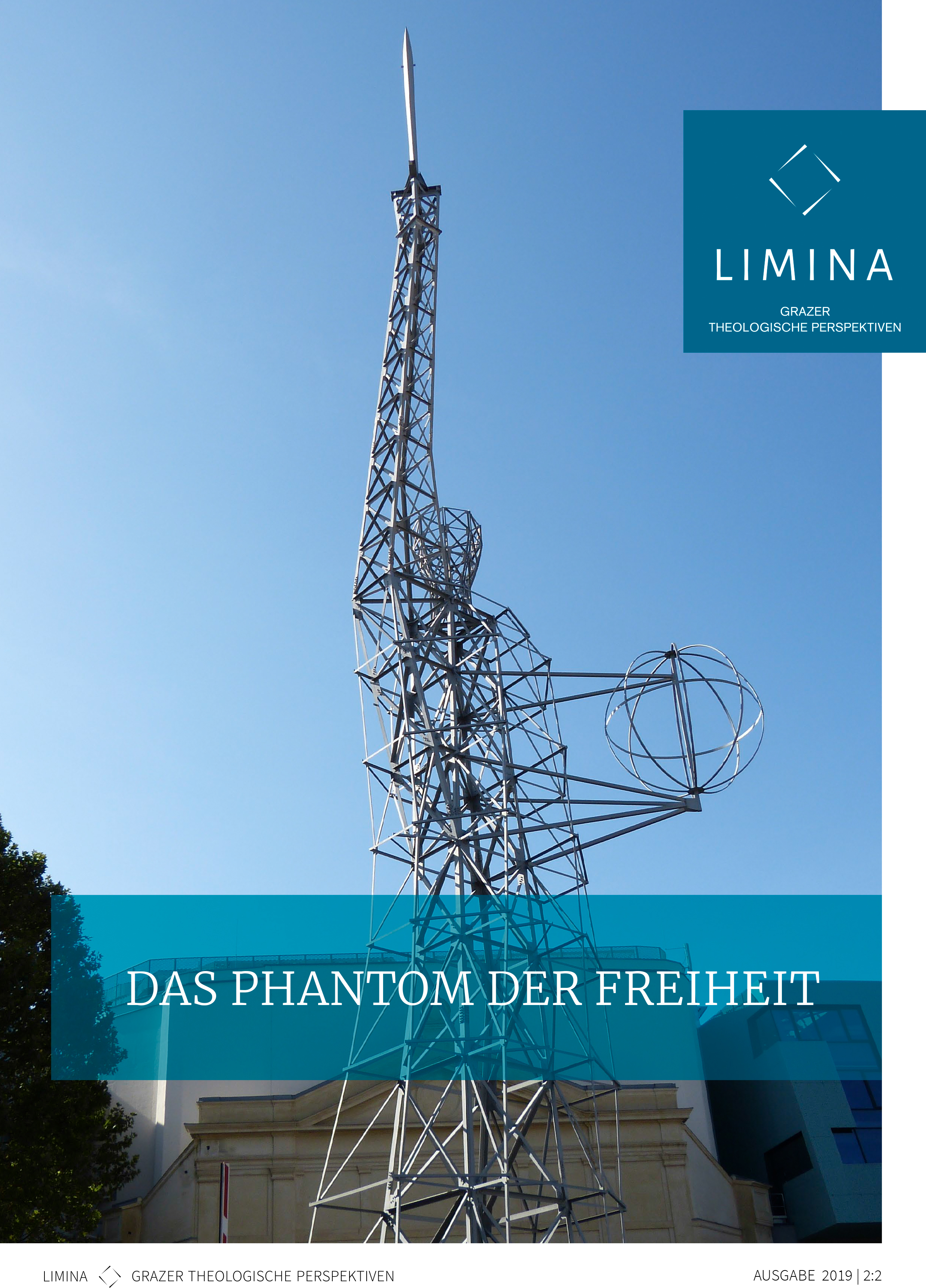Freedom and Sin A theological reconstruction
Main Article Content
Abstract
For Immanuel Kant, the Christian idea of the original sin was the “most unfitting notion”. Karl Barth also cynically questioned how something can be sin or hereditary. Kant and Barth are not the only ones who criticise the belief that the original sin of Adam is passed on. Yet, this idea is a defining aspect of the Christian religion and still a binding concept in Catholicism. This article aims to investigate the subject of freedom and its narrow interpretation in the theological mainstream through a critical theological-historical rereading. Freedom is closely entwined with free will and thus with the idea of a hereditary original sin. A theological-historical critique reveals not only a magisterially proven translation mistake in the doctrine of original sin and the theological protest against the logical aporia. It also uncovers corrective changes in tradition – already during the early modern period – to somewhat balance the constraints imposed by the notion of the original sin and its consequences on the concept of freedom. The Age of Enlightenment, of course, went even further and Immanuel Kant draws the line between a theory of sin based on individual freedom and hereditary sin. What is it about freedom? What makes the critical voices challenging the theological mainstream so relevant?
Article Details
The author(s) retain copyright without any restriction.
LIMINA provides immediately upon publication open access to its content. The content of this journal is licensed under the Creative Commons Attribution 4.0 International Licence. By submitting a contribution, the author(s) agree(s) to the terms of use of the CC BY licence.

